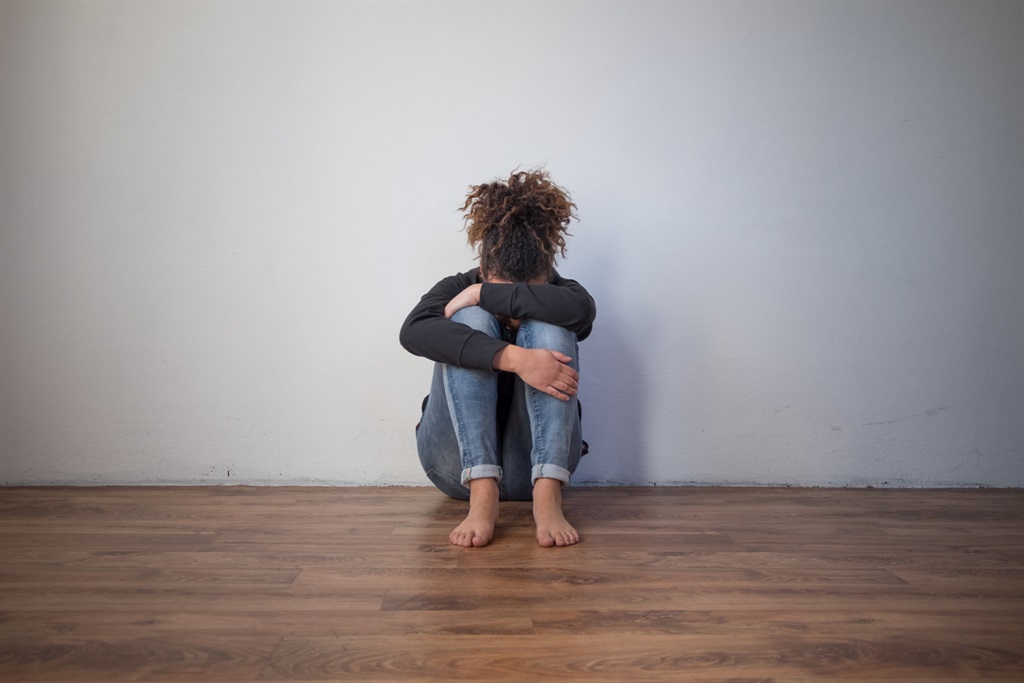
For many, South Africa’s transition from the brutal system of apartheid to democracy symbolised hope, possibilities, liberation, equality and “a better life for all”. While the civil-political landscape of the country has changed, it would be naïve of us to believe that this political shift has translated into substantial social and economic transformation for black South African women – the marginalised of the marginalised. As we celebrate yet another Women’s Month, it would be remiss of us to be hypnotised by empty yet well-meaning platitudes – Wathinta abafazi, wathinta imbokodo!
As a South African woman, I do not want my existence to be acknowledged for a mere 31 days during the month of August. I want two basic things for 365 days of the year: I want to feel safe. I want to feel like I belong to this country.
Twenty-four years into our “freedom”, the practical reality of this freedom is yet to be substantially felt on the ground by the majority of women in the country. In very simple terms, it is not safe to be a woman in South Africa.
African feminists have for a long time thrown a spanner in the dichotomy of personal safety in private spaces over public ones. This of course is in light of the fact that women are as unsafe in a dark alley in Mitchell’s Plain or Hillbrow as they are in the privacy of their homes. In the South African context, the “stranger danger” catchphrase is incompatible with the harrowing rape and intimate partner violence (IPV) rates with which we reckon with. Studies on IPV by the Medical Research Council and Centre for Public Mental Health confirm the following: One, IPV is the most common form of violence perpetuated against South African women and is the leading cause of death among women. Two, more women are killed by their present or former intimate male partner in South Africa than in any other country in the world. In addition, research shows that the majority of female rape victims are raped by men whom they know, trust and love. In South Africa, women’s insecurity is an everyday reality, one that reveals that women and girls are unsafe in spaces and institutions that were previously seen as safe havens – namely places of worship, schools, universities, hospitals, police stations, charity organisations and their own home.
Furthermore, it is unsettling to note that we seem to be no longer outraged by violations that take place in our communities, such as women being banned from wearing trousers or wearing red lipstick. Over a decade ago a spotlight was shone on Umlazi in Durban, a township area where a woman named Zandile Mpanza was assaulted, stripped naked and had her home burnt down for unapologetically wearing trousers. We seem to be no longer outraged by the fact that girl infants and elderly women are raped in South Africa, or that our university campuses and even primary schools are breeding grounds for sexual harassment, sexual exploitation and rape. We are even more silent about the plight of the LGBTIQ+ community in the face of corrective rape, hate crimes, mutilation and murder.
South African women want to feel safe and have a sense of belonging. The hard-earned democracy that was fought for by men and women during the liberation struggle is also for the benefit of women. The anti-apartheid activism of the likes of Mama Albertina Sisulu, Mama Winnie Mandela and Mama Charlotte Maxeke were not for us to merely put an X on a ballot box or swim in the same beach as white people. Our “sheroes” fought for much more than that. They fought against imperialism, racism, sexism and all forms of oppression. They fought for freedom of movement – yet our movement as women continues to be restricted due to lack of safety. They fought for a democratic culture to be inculcated into the very social fabric of our society where every individual — including women — can feel that the newly reformed institutions would finally defend them. Ultimately our sheroes fought the apartheid regime to ensure that South African women would have a stake and a place in the new democratic order.
The dream of a non-racial and non-sexist society has turned into a recurring nightmare of gender inequality, gender injustice and patriarchy rearing its ugly head over and over again. Unfortunately, the democratic promise has reached women last and left black women in particular behind.
With all the rhetoric, the normative advances, the robust constitutional and legislative framework, here we are dubbed as the “rape capital” of the world and “a country at war with itself”. How then do we move from aspiration to reality? How do we ensure that the hard-earned liberation struggle and legislative framework transforms lives and delivers real change for the marginalised of the marginalised?
I propose that we start with a collective paradigm shift in gender perceptions. A shift in our thinking traditions, cultures, our collective consciousness and value system. If we continue in our current thinking traditions – that women are inferior, subservient to men or were placed on this earth to service the needs of men — then those who give expression to our democratic institutions need to be transformed first before tackling the laws. It is only transformed people who can substantively transform society.
We have an urgent need to transform our society’s mind-set from one maintaining and supporting patriarchy to one that unreservedly champions and practices gender equality. Maybe, just maybe, we will begin to perceive the substantial change our laws have failed to deliver.
Nomathamsanqa Masiko is a Senior Advocacy Officer at the Centre for the Study of Violence and Reconciliation. Follow her on Twitter @Noma_Masiko




 Publications
Publications
 Partners
Partners








